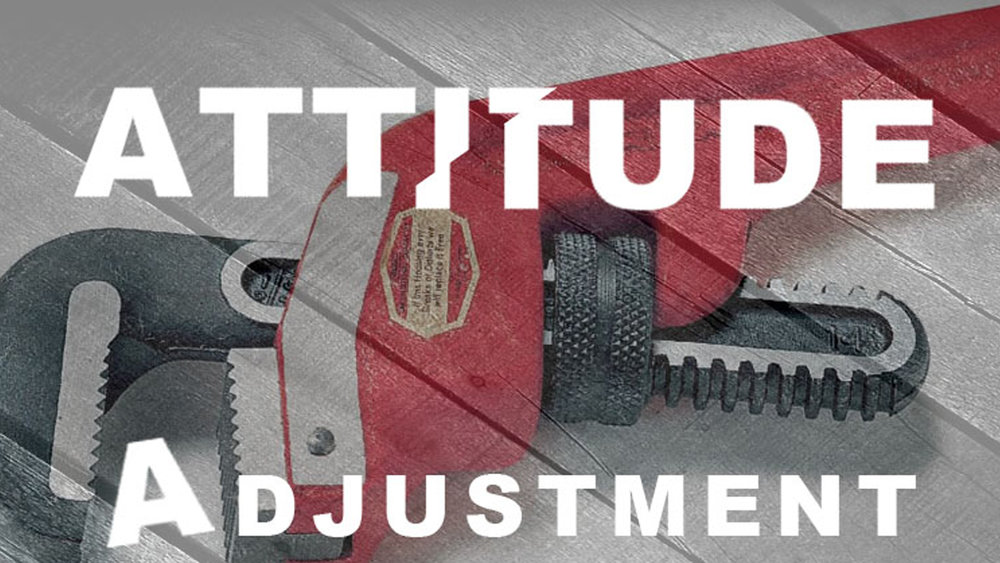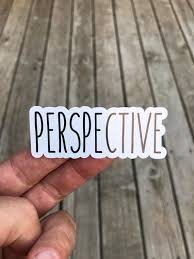
Grit – noun
Firmness of character; indomitable spirit; pluck
- Dictionary.com
“Most God-ordained dreams die because we are not willing to do something that seems illogical” – Mark Batterson
“I don’t call meetings for that.” Those six words blindsided me. It was a sucker punch that I didn’t see coming.
Those words came off the heels of what was considered by all other accounts a most successful week. I was fresh out of college and serving in the first church of my young life in ministry. Admittedly, I was green and was cutting my teeth, as it were, and had so much to learn. But at least during this week, I was killing it…or so I thought.
We had just closed out a week of festivities at the church. Parents and students alike told me that it was the best one they’ve ever had. At the close of the week, I was exhausted but feeling good about what we accomplished.
When the pastor, my boss, asked me to come by his office when I was done, I was feeling confident that he was going to congratulate me on a job well done.
I entered his office and took a seat. I was not prepared for what came next. Everything that I had imagined it would be like in ministry and every dream attached to it would be challenged.
My work for the sake of heaven was about to take an unexpected detour through hell. My professors didn’t prepare me for this.
For the next thirty minutes, he torched everything that he could think of and then some. Surely there was smoke coming out of his nostrils and fire on his tongue. He didn’t hold back. When the verbal beat-down was complete, he was challenged as to why he didn’t have anything positive to say about the event.
And that’s when those six words – “I don’t call meetings for that” changed everything. I sat in stunned silence. It was his prerogative to call it as he saw it, and my place to listen- as painful as it was.
As a young leader, this was my wake-up call and my first lesson in developing leadership grit. It was my watershed moment.
In leadership, you will have watershed moments when you have to face down your fears, overcome rejections, tune out the haters, defy the critics, do something illogical, and stand firm on the hill of your God-given dream. It will take grit. Buckle up.
In a series of articles to come, I will share stories that will challenge and inspire you- stories of grit. I first had to start with mine in hopes of inspiring you to believe that there is life on the other side of the hell you may currently be walking through.
Developing leadership grit is a growth process. My best advice? Begin with the basics.
Leadership Grit Principle # 1 – Give up or grow up
In the aftermath of that event, I had a choice to make. Give up or grow up. And while I didn’t enjoy what I went through at the time, it awakened an indomitable spirit within me. I eventually parted ways with the pastor, but not with my dream. It was larger than him.*
While this story is uniquely mine, you may be reading it as you recall a watershed moment of your own. Others of you are going through a struggle right now. Let me encourage you to keep the faith.
Your leadership will have its moments of testing. And ultimately, it will come down to the grit and indomitable spirit within you to get through it. In those moments, you have a choice to make- give up or grow up. Get growing!
©2021 Doug Dickerson
*Moving forward in life (developing grit) includes an underlying tenet of my faith – forgiveness. I couldn’t be where I am today with unforgiveness in my heart toward him or anyone else.













